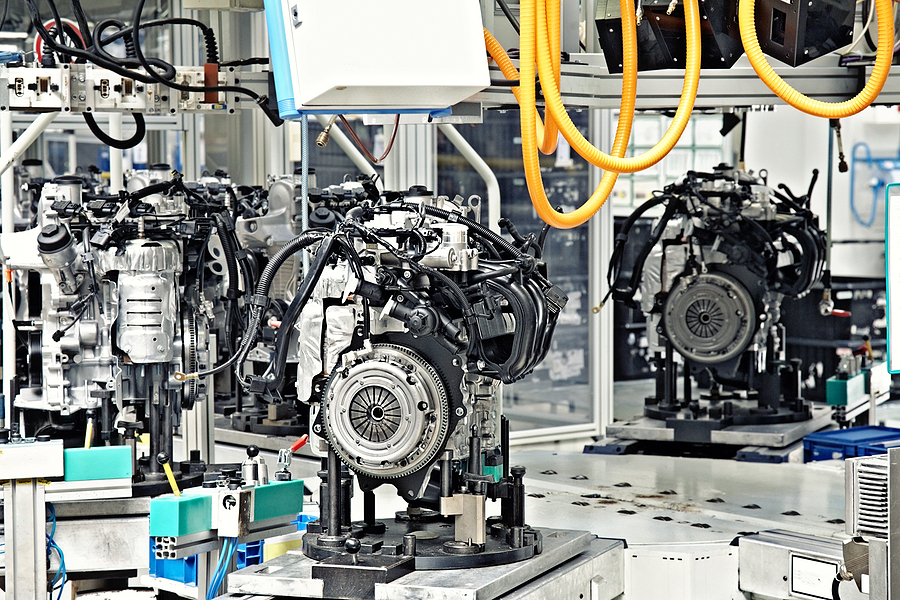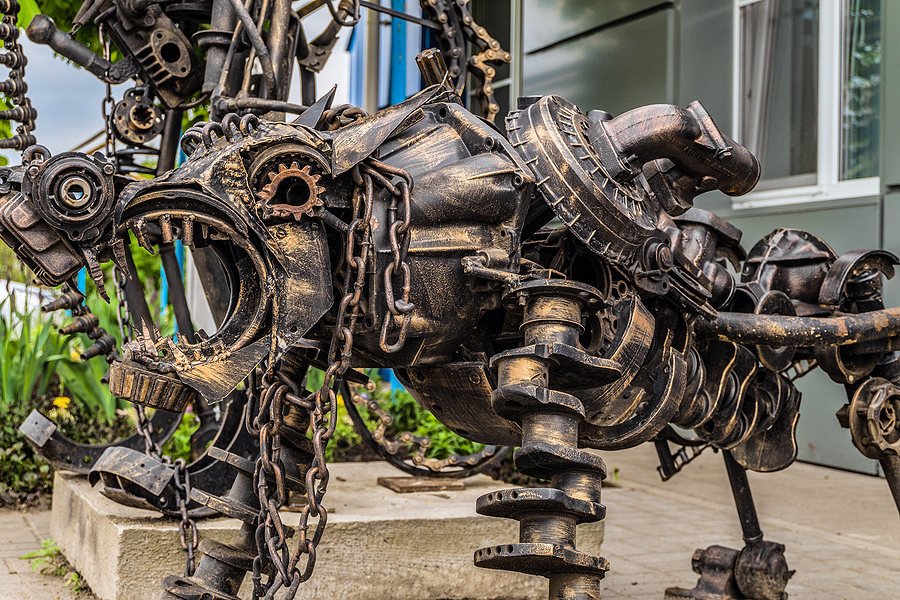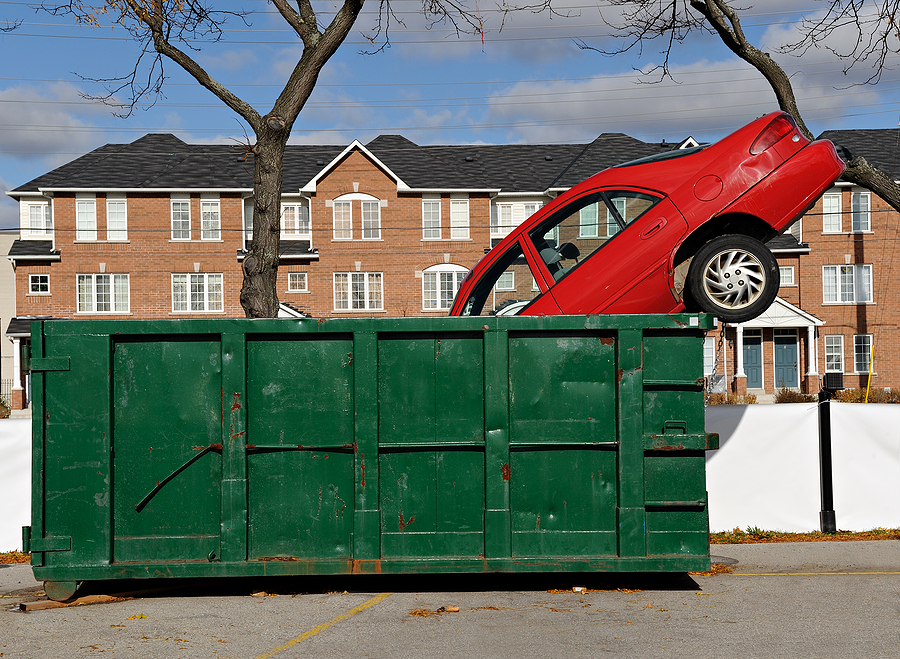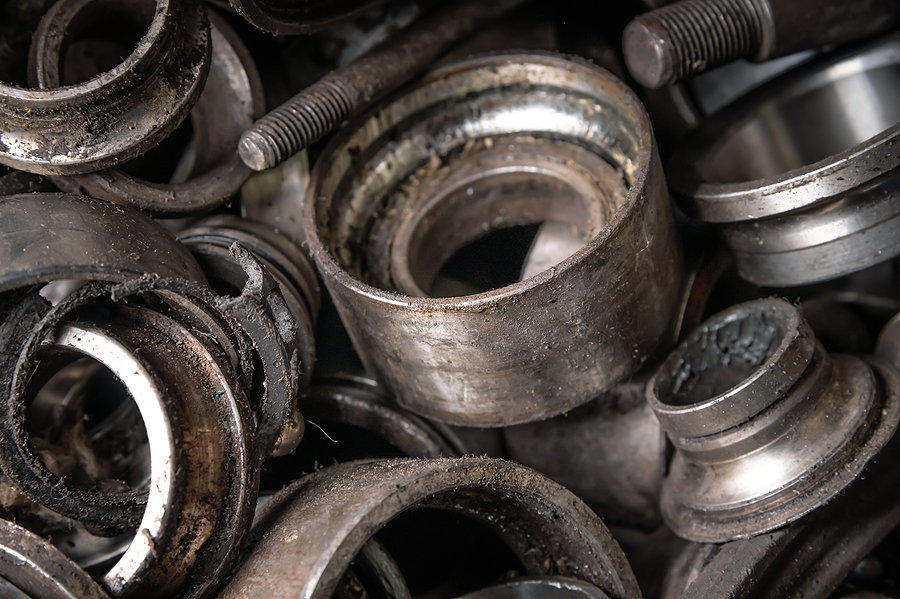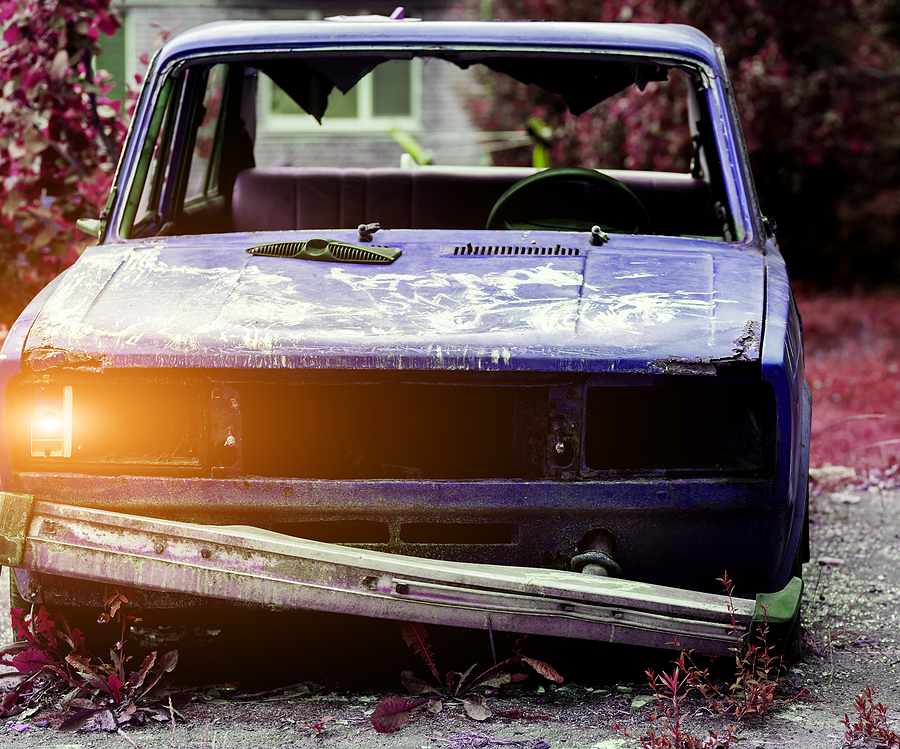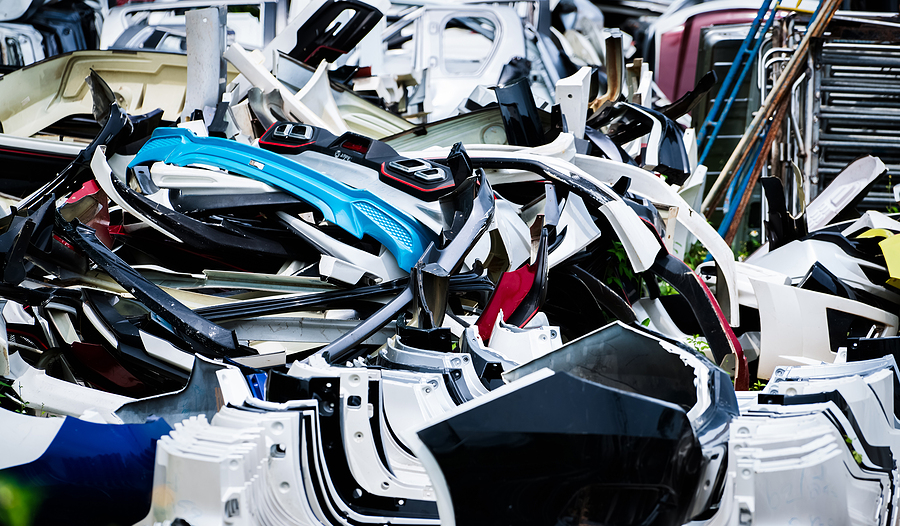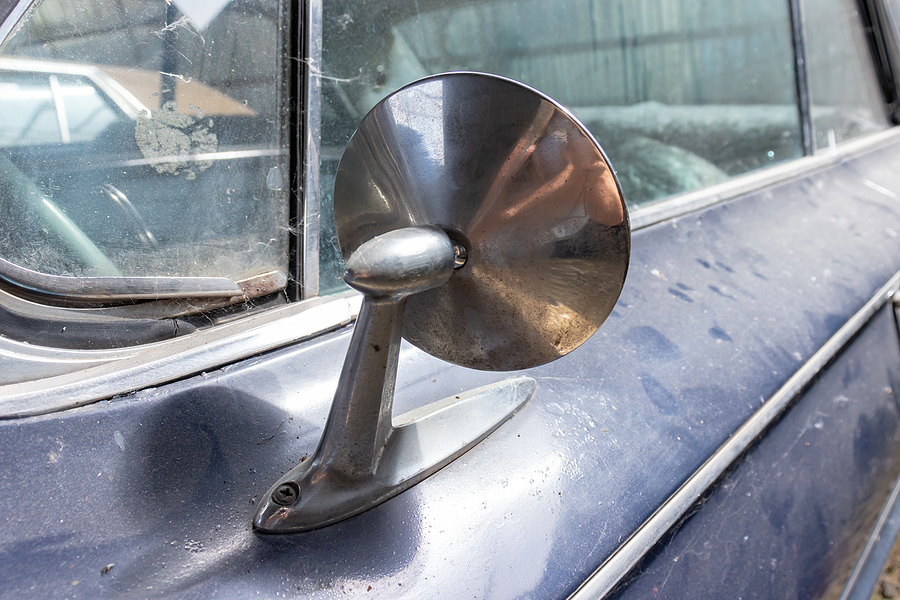It’s a classic tale of the underdog – your once-beloved vehicle that now sits neglected in the corner of your garage, a relic of past travels and memories. What if I told you that even the most decrepit cars hold more than just nostalgia? Your junk car might just be a goldmine waiting to be discovered. In this detailed guide, we’ll walk through every step of turning your clunker into a source of income – legally, profitably, and with a hint of Eco-friendliness.
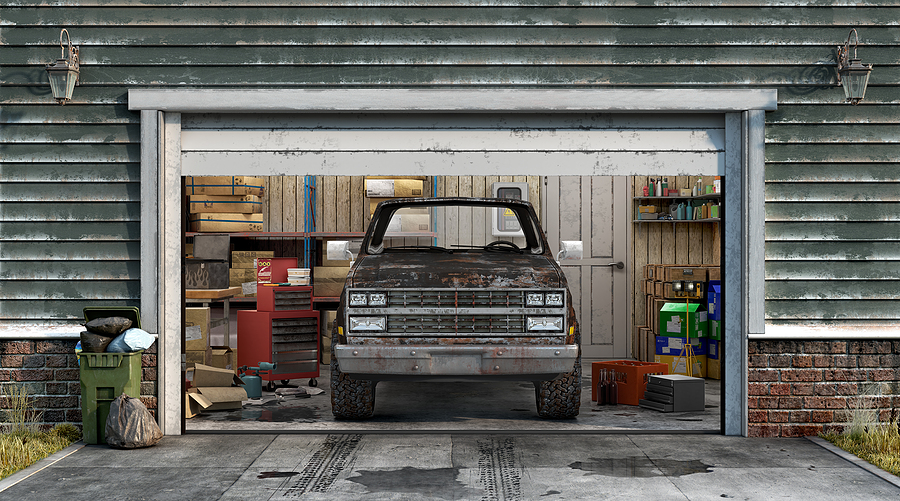
The Hidden Value of a Junk Car
Vehicles are more than just modes of transportation – they are full of valuable materials and components. When a car reaches the end of its life, it doesn’t mean the value is entirely lost. Every year, millions of vehicles are taken off the road, but very few of them are completely valueless. Understanding the value of a junk car is the first step to cashing in on its potential.
Assessing Junk Car Worth
Before you can start counting the cash, you need to assess the condition and, more importantly, the value of a scrap car. Several factors contribute to determining how much money you can get out of it.
▶ Evaluating the Condition
Is your car non-operational, heavily damaged, or just old? The worse the shape it’s in, the less it will be worth. However, even in severely damaged states, there are still parts and materials that can be salvaged and sold.
▶ Actual Cash Value (ACV)
Just because it’s junk to you, doesn’t mean it has no value. The Actual Cash Value of your car is the most significant point in making sales. Online tools and professionals at recycling yards can help you determine this.
Ways to Make Money from Your Junk Car
There are several avenues you can explore to eke out a profit from your scrap metal. Each method has its own considerations and returns.
1. Selling to an Auto Scrap Yard
This is often the quickest and most straightforward way to dispose of a junk car. Scrap yards pay by weight, which means if there’s a hefty hunk of metal in your yard, you’ll see a return.
2. Parting Out the Car
If you have the time, space, and know-how, disassembling the car and selling its parts separately can be more profitable than selling the car as a whole. Valuable or rare parts, especially from older models, can fetch a pretty penny.
3. Selling Parts Online
Marketplaces specifically for car parts and even general e-commerce platforms present opportunities to reach a wide audience. This method requires more effort in terms of advertisement and sales handling.
4. Repurposing Components
Sometimes the value isn’t in selling directly but in repurposing materials or components. This might mean selling the metal for scrap or finding creative applications for car parts.
Why Auto Scrap Yards are the Best Way to Go
Selling your junk car to an auto scrap yard is often the most preferred method for several reasons.
▶ Fast and Efficient – Scrap yards are set up to process cars quickly. This means you get your money with minimal delay, unlike waiting for parts to sell or cars to be taken off a listing.
▶ Instant Cash Payment – You usually get paid on the spot. The transaction is simple: they weigh your vehicle, and you walk out with cash.
▶ Free Towing – Many scrap yards offer free junk car removal, saving you money and hassle in getting the car to them.
▶ Environmentally Responsible Disposal – Auto salvage yards are required to dispose of cars in an environmentally responsible way. This means your decision to scrap a car can also be an eco-friendly one.
Conclusion
The automotive world is vast, and even after a car’s last ride, there is still much to explore and value to gain. If you’ve been neglecting that old vehicle in your garage, it’s time to rethink its worth. The potential to make money from your junk car is more than a possibility – it’s a reality for many savvy car owners.
Remember, it’s not just about the money. By responsibly disposing or repurposing your junk car, you’re contributing to a cleaner environment and potentially facilitating the restoration or repair of other vehicles. Take the time to assess the value of your junk car and consider the various methods of selling or exploiting its components. It could be the most lucrative square footage in your garage.
Looking for a reliable buyer in Indiana that will provide the best possible price for your automotive garage treasure? Contact Benjamin’s Junk Cars at 317-218-7133 to sell a junk car for cash in Indianapolis, Indiana for cash on the spot. We provide free junk car towing, so all you need to do is call!
Related Posts:
Junk Car Selling 101: What You Need to Know
Why Earning Cash for Junk Cars is So Easy if You Live in Central Indiana
How to Clean Driveway Stains Caused By a Junk Car

